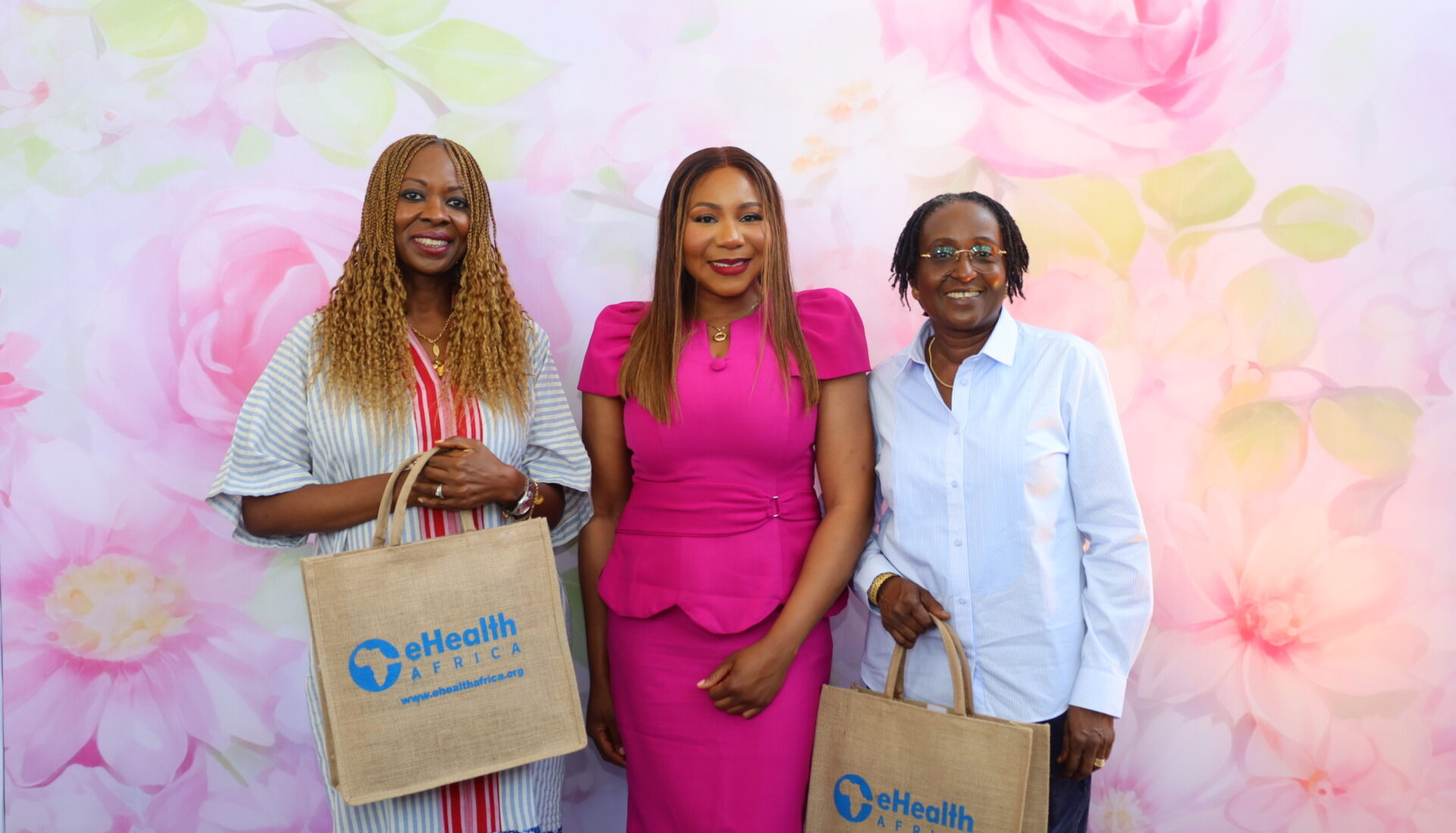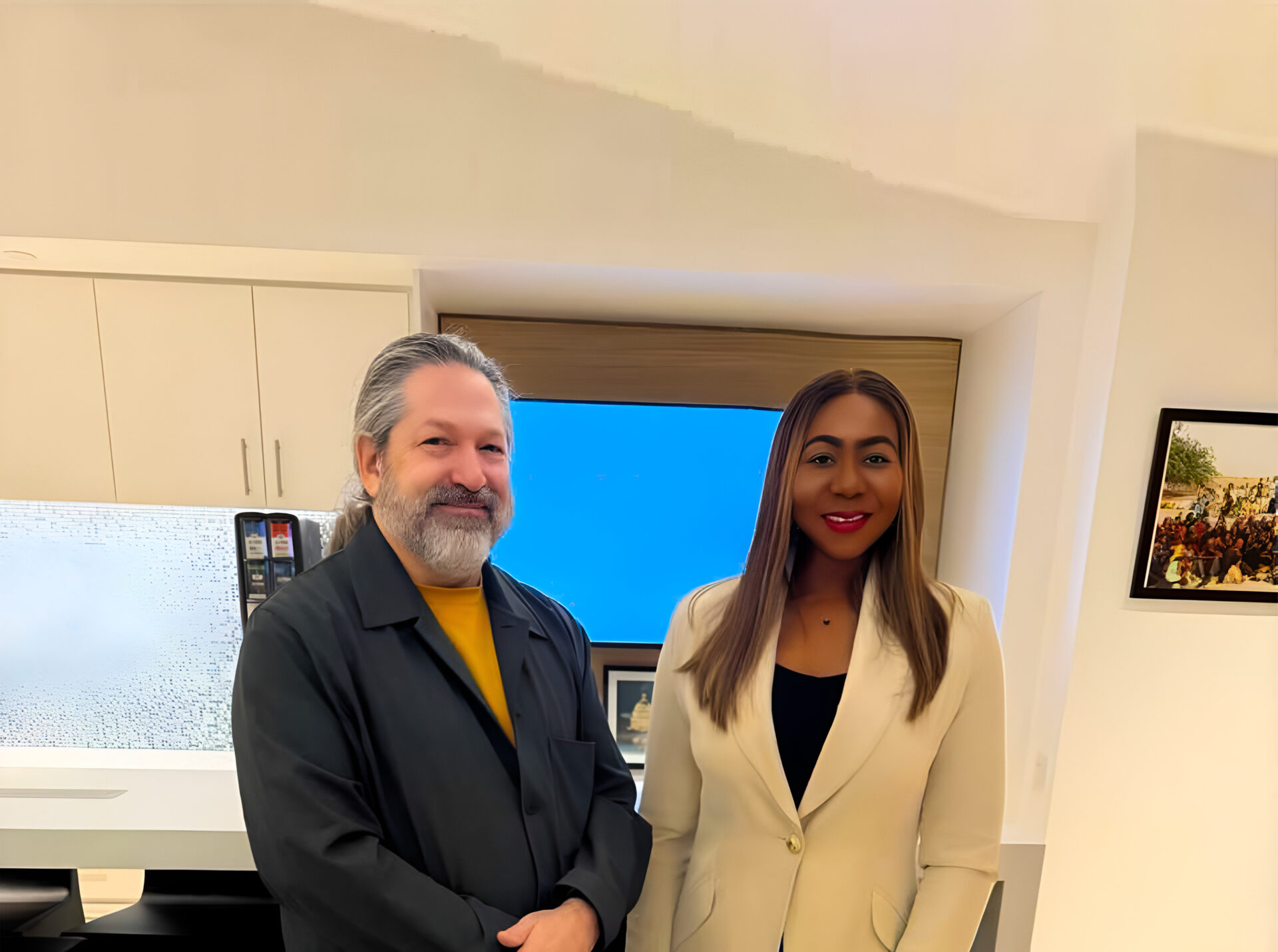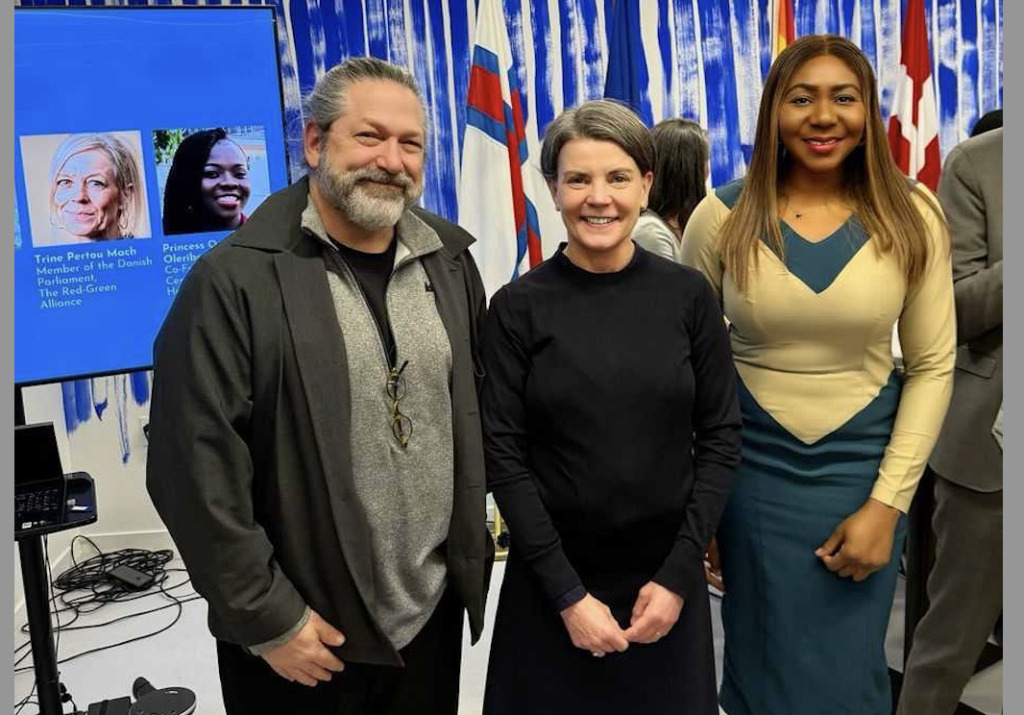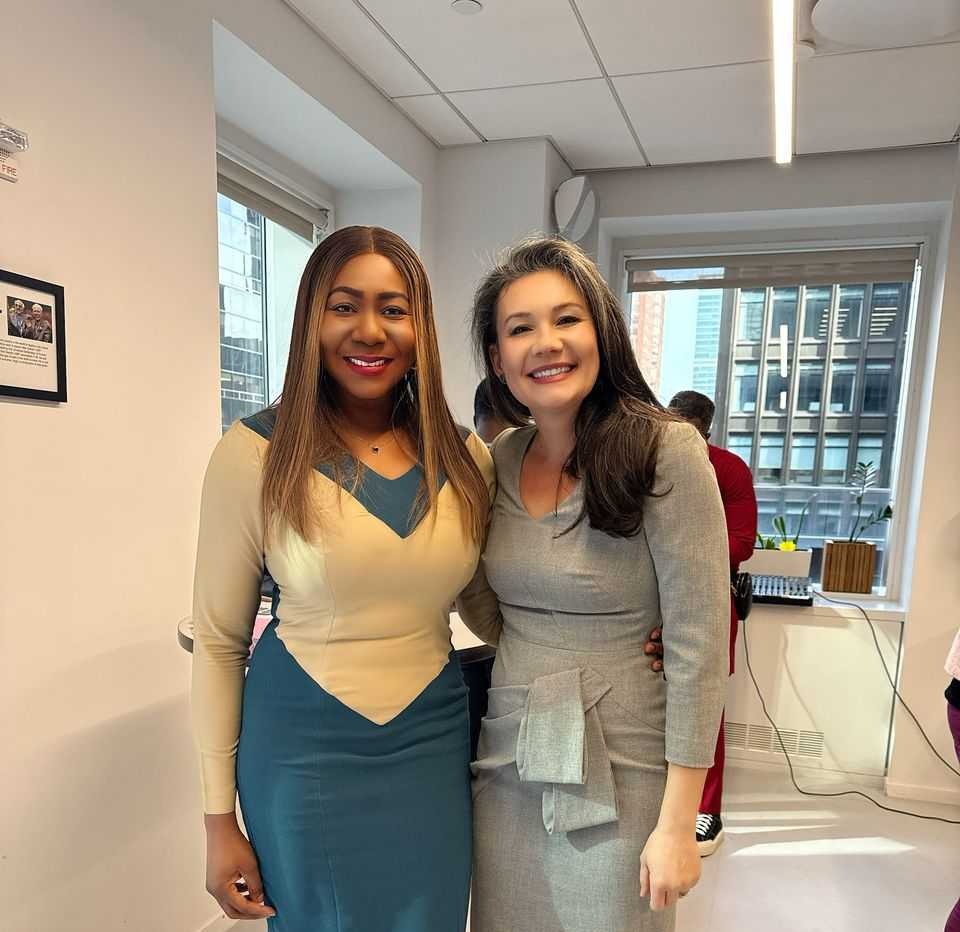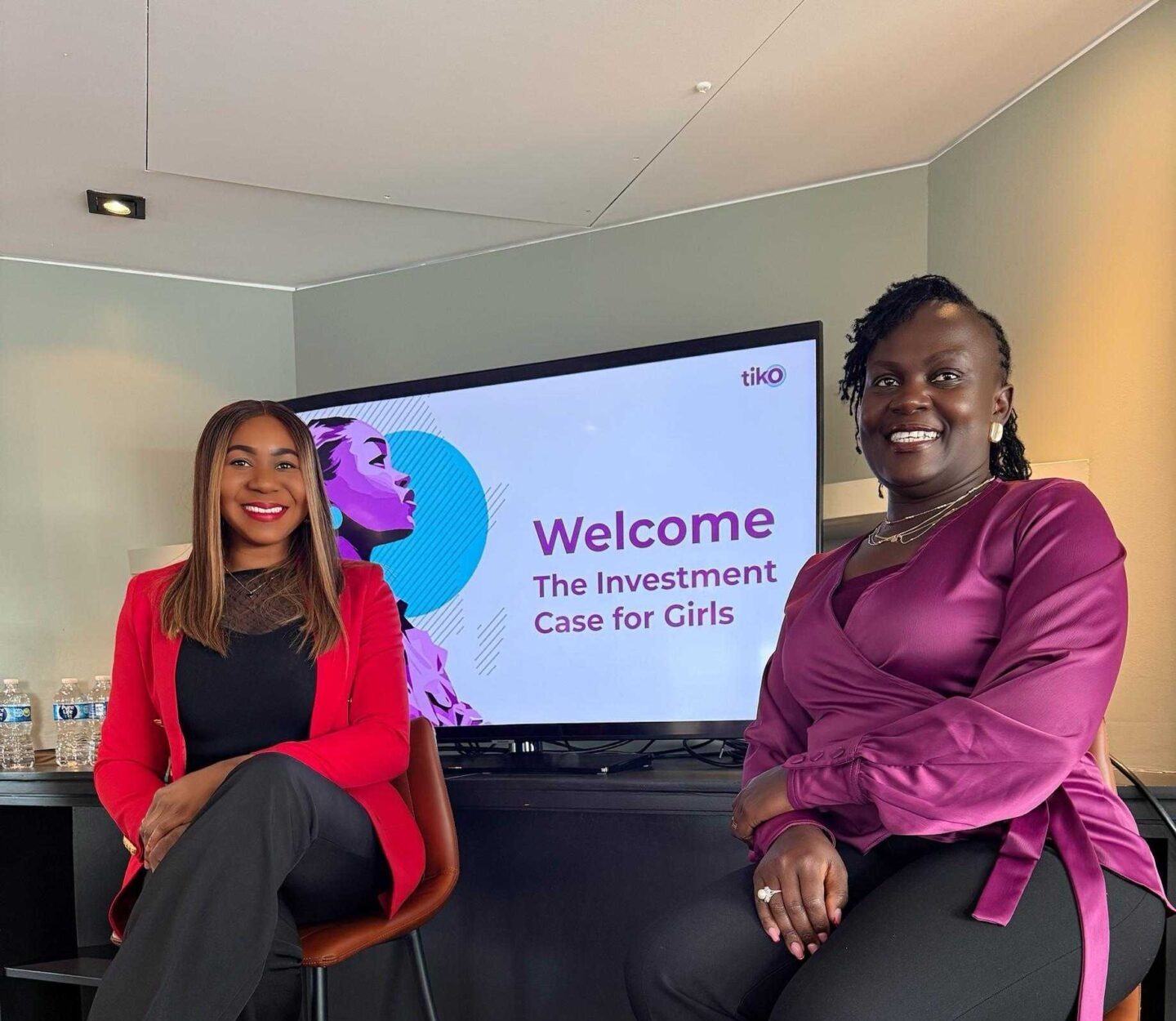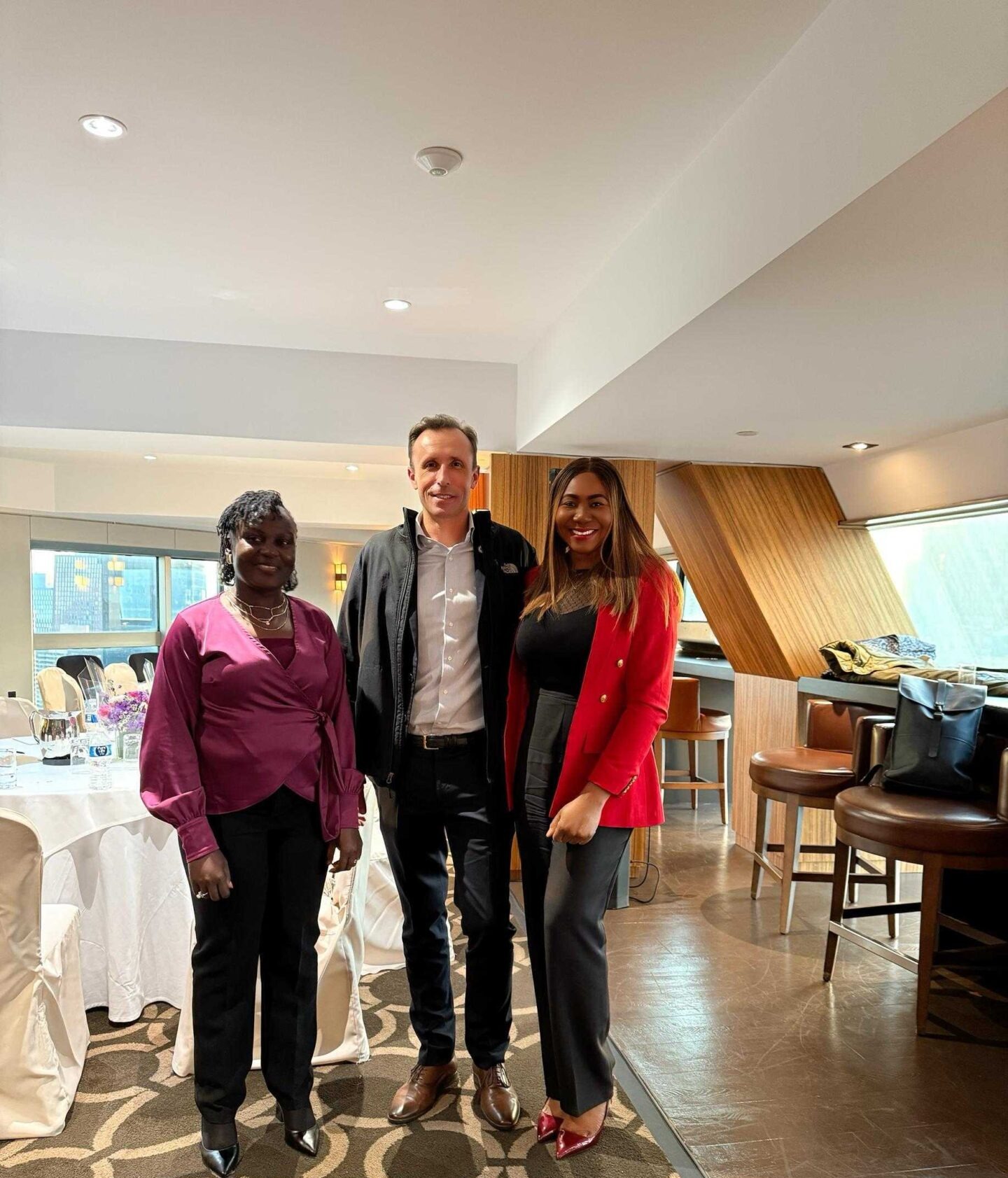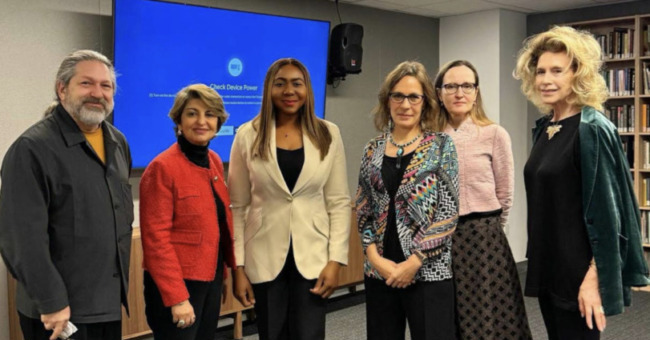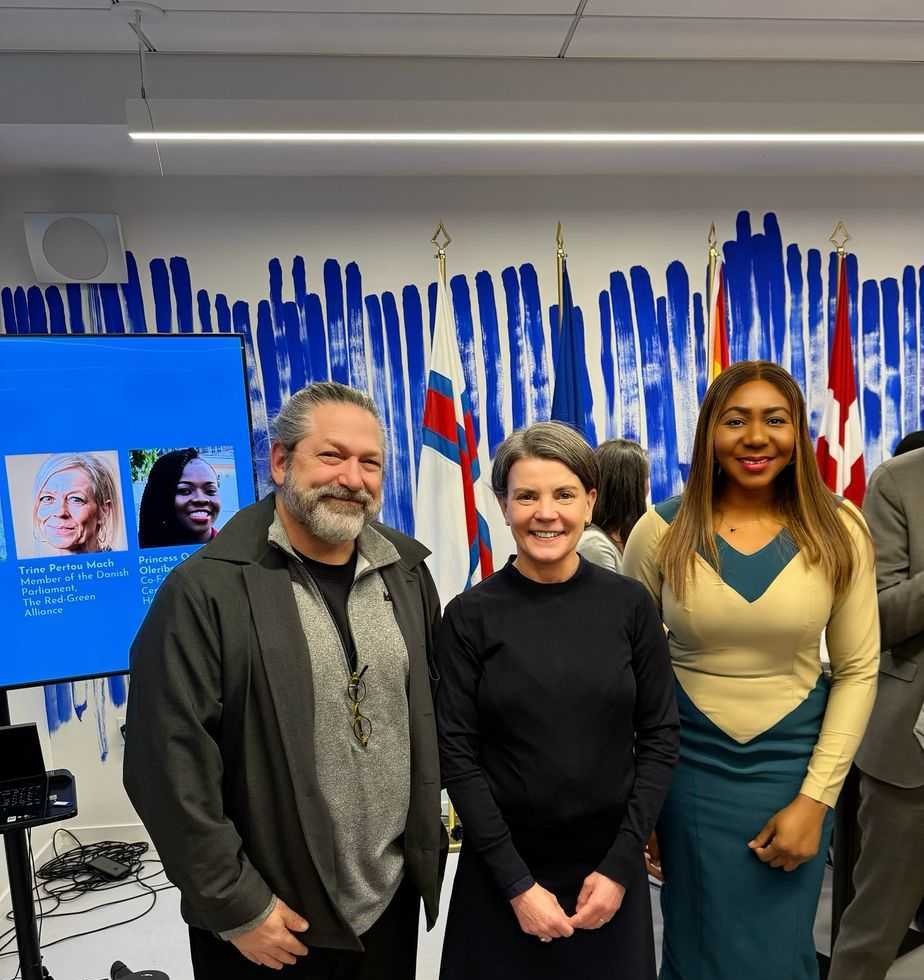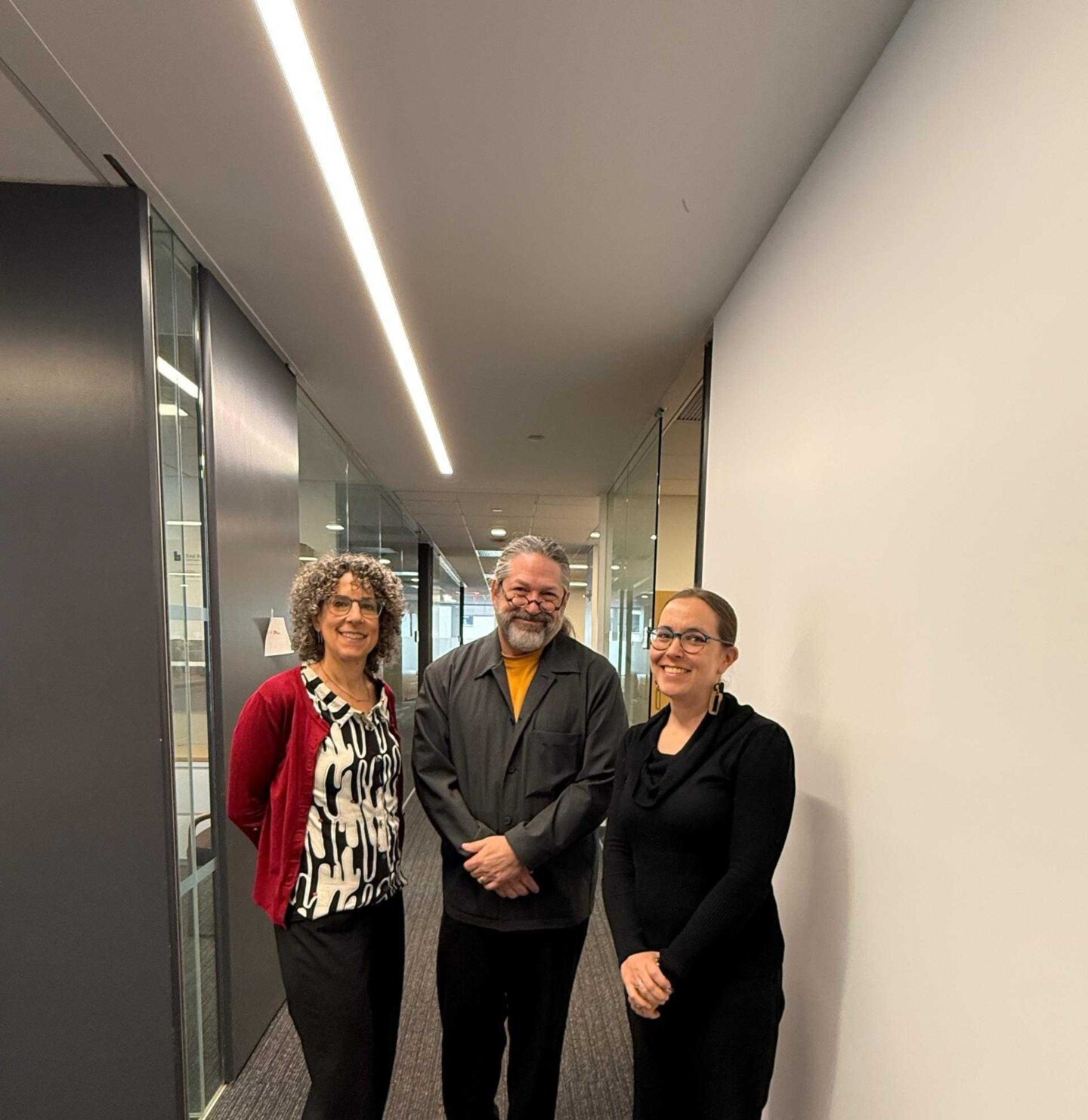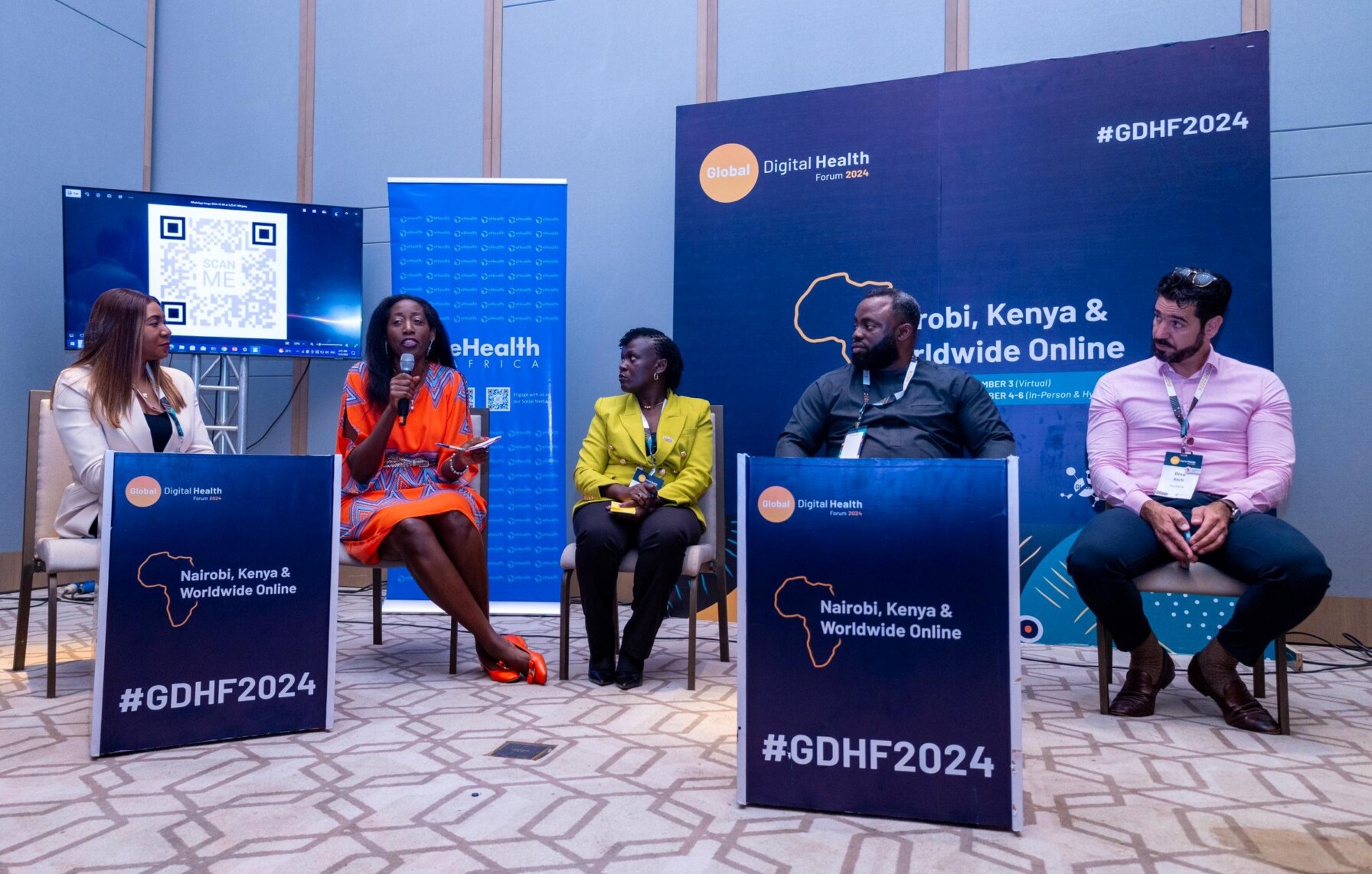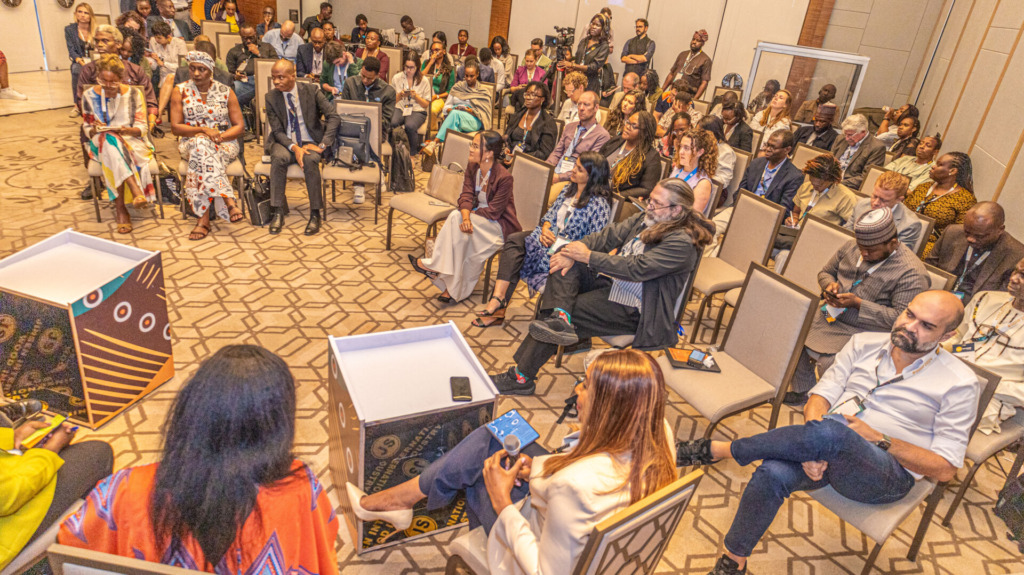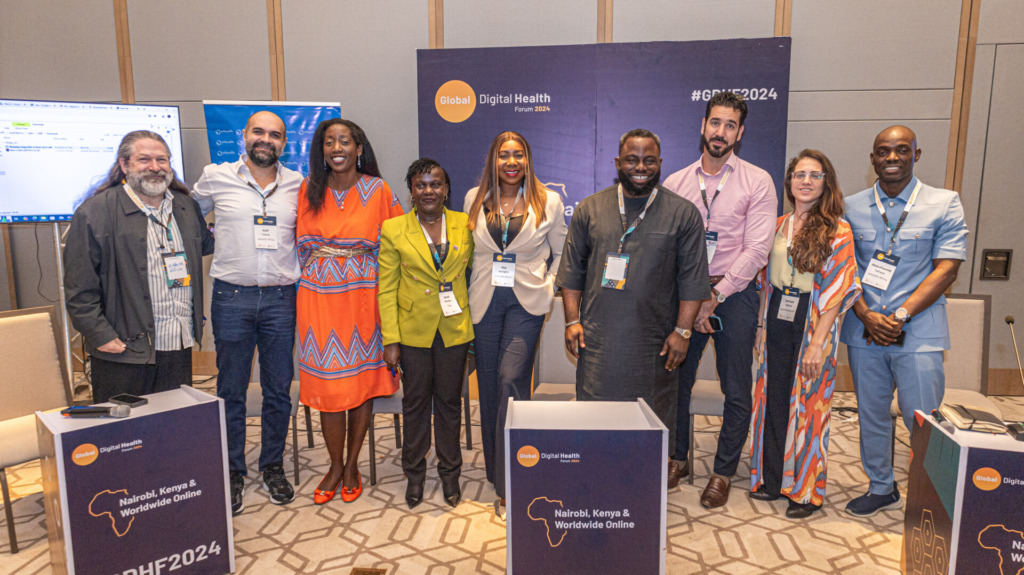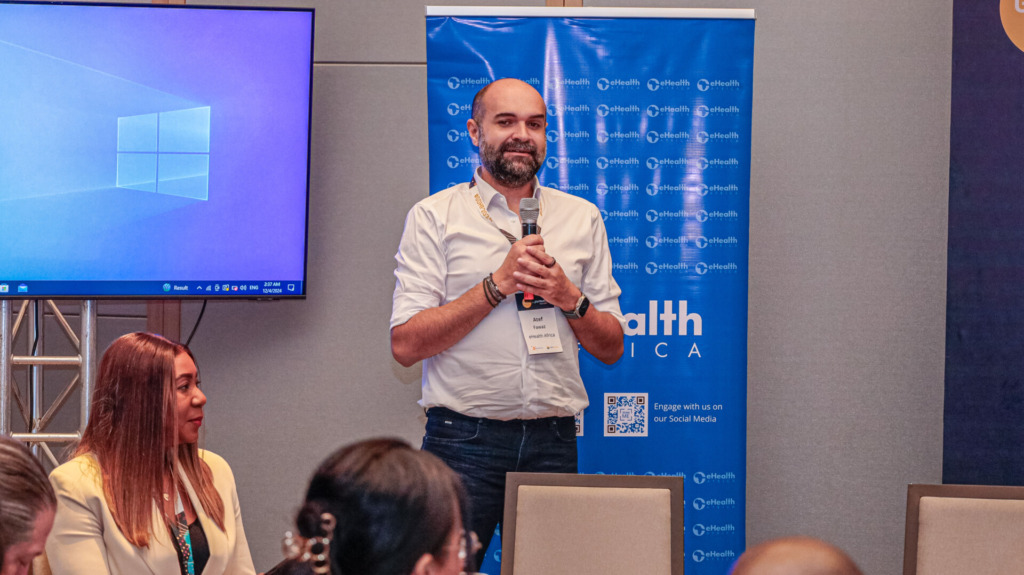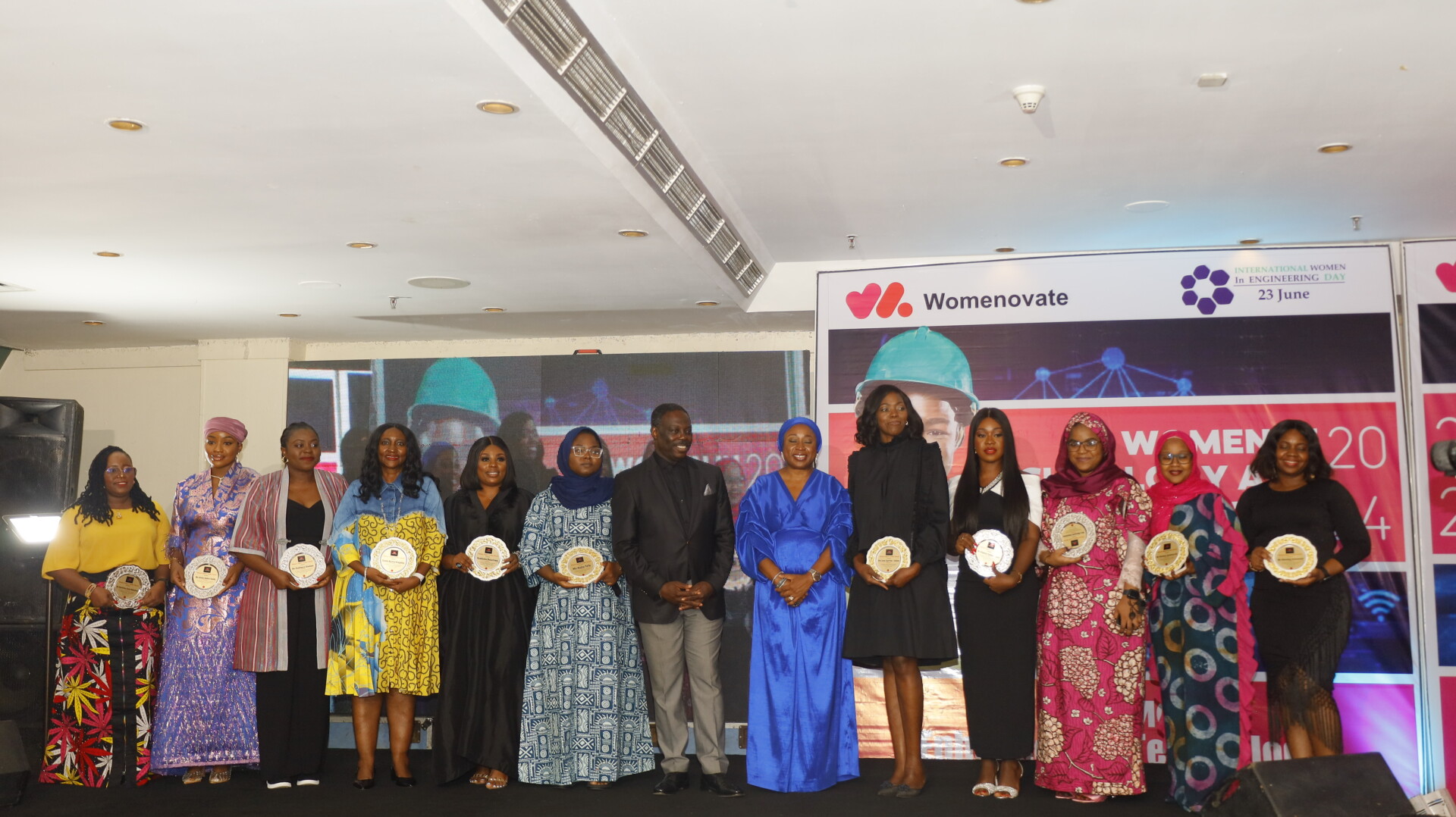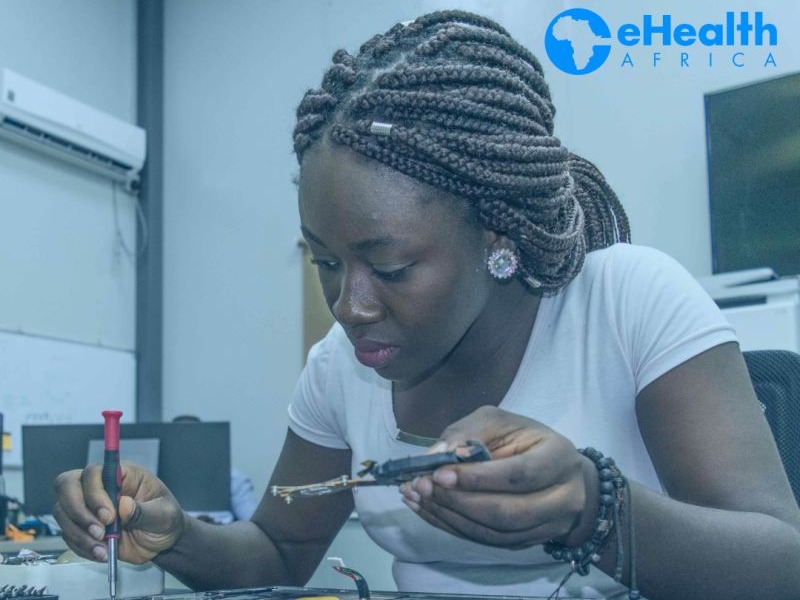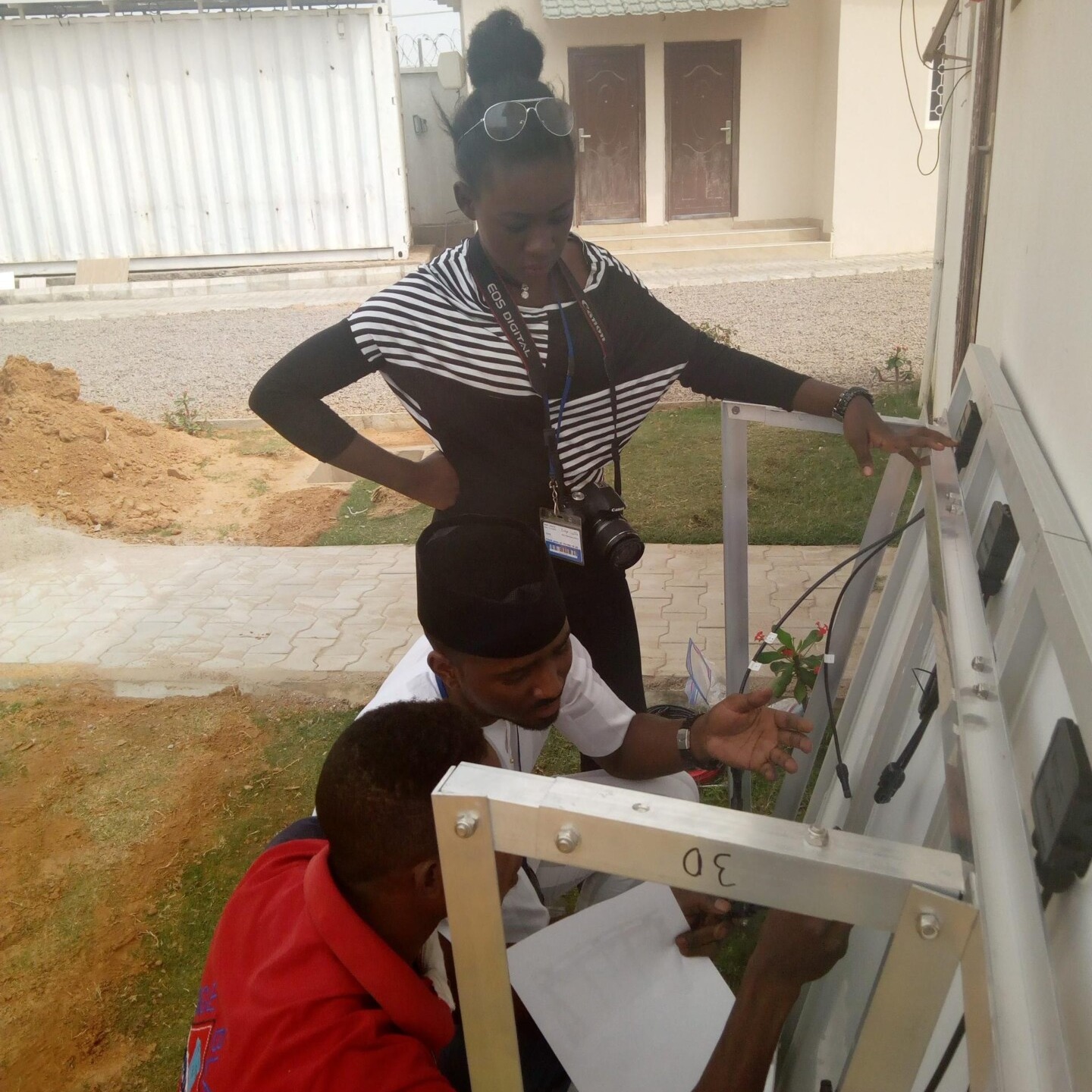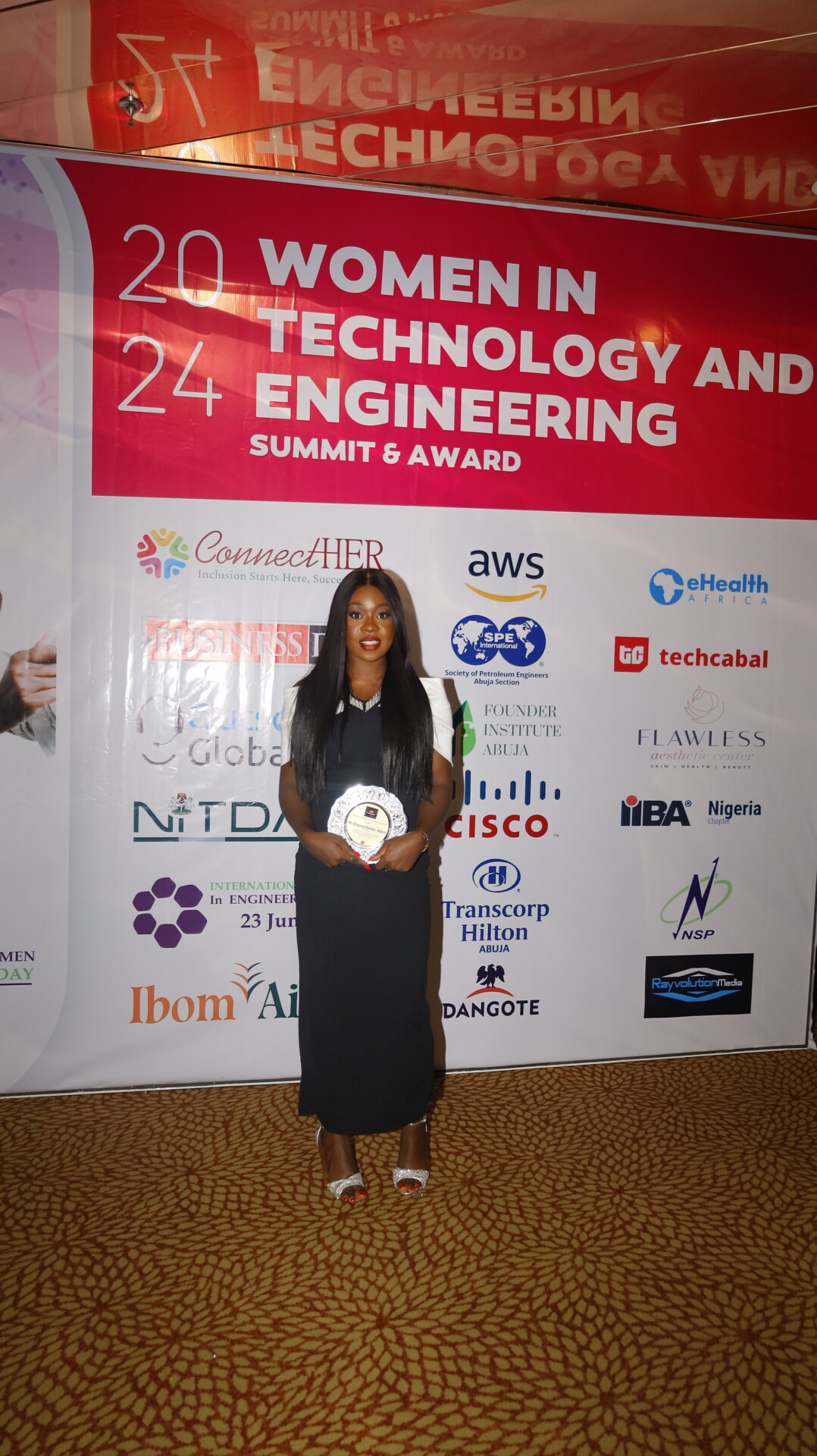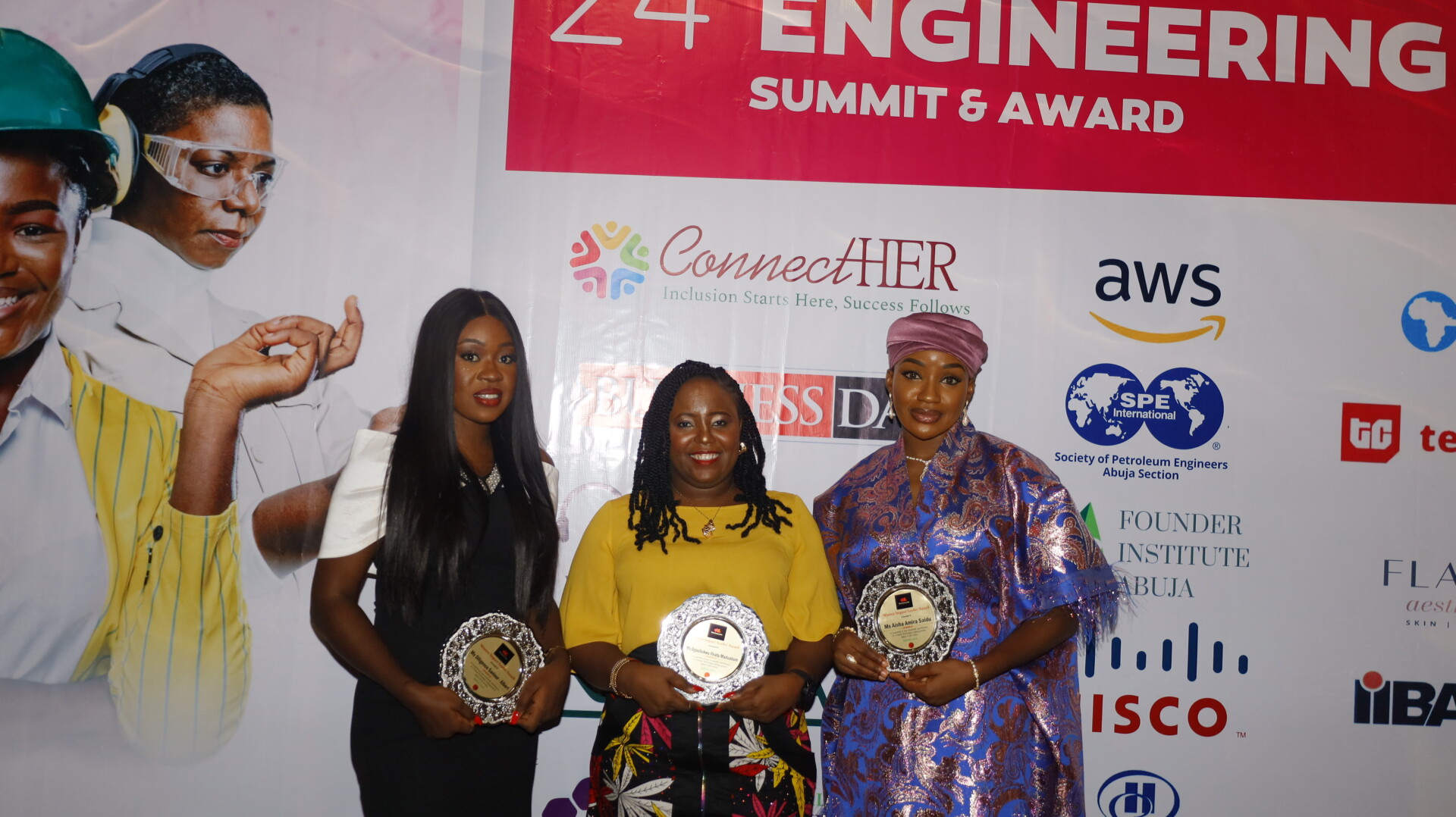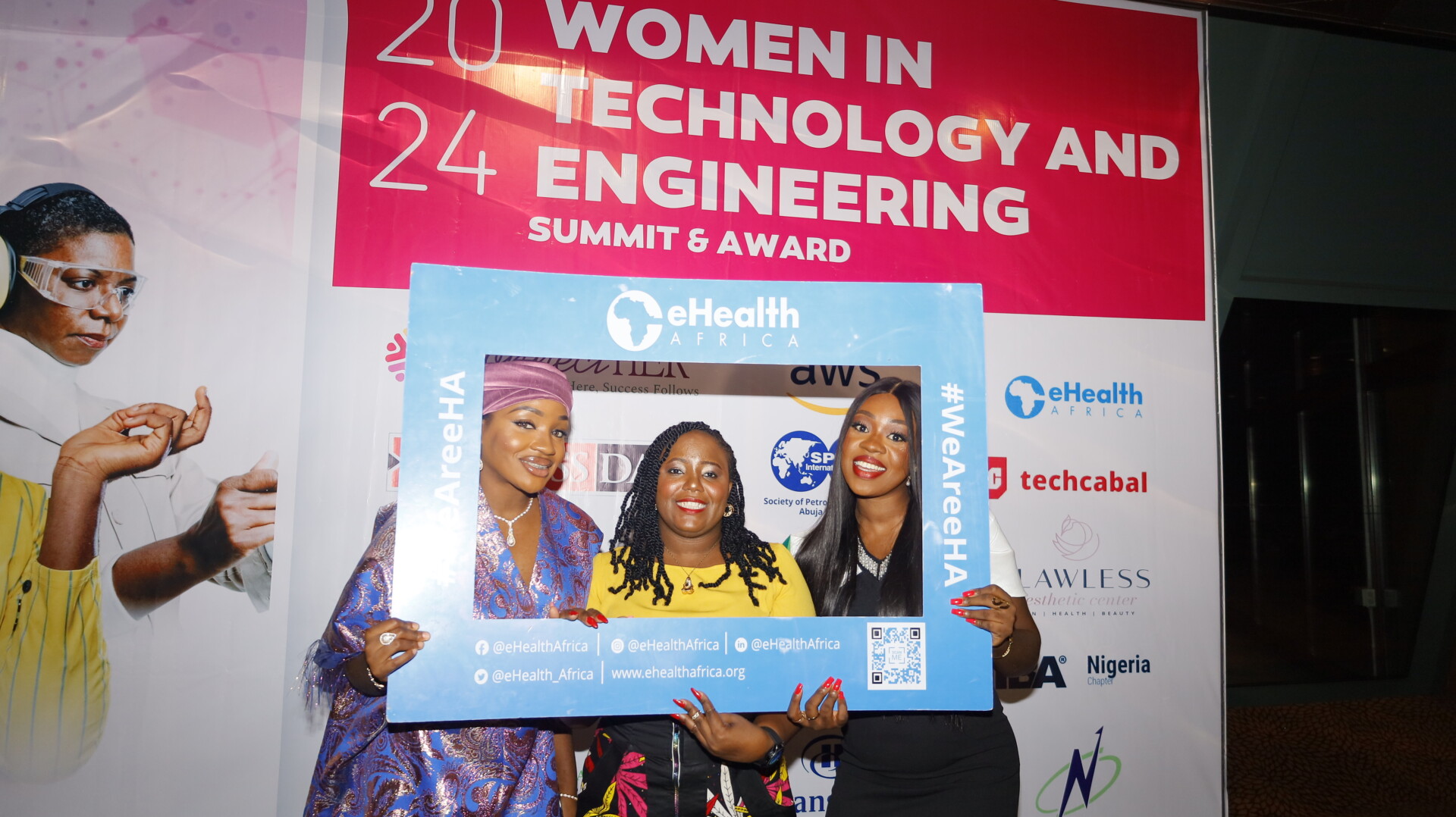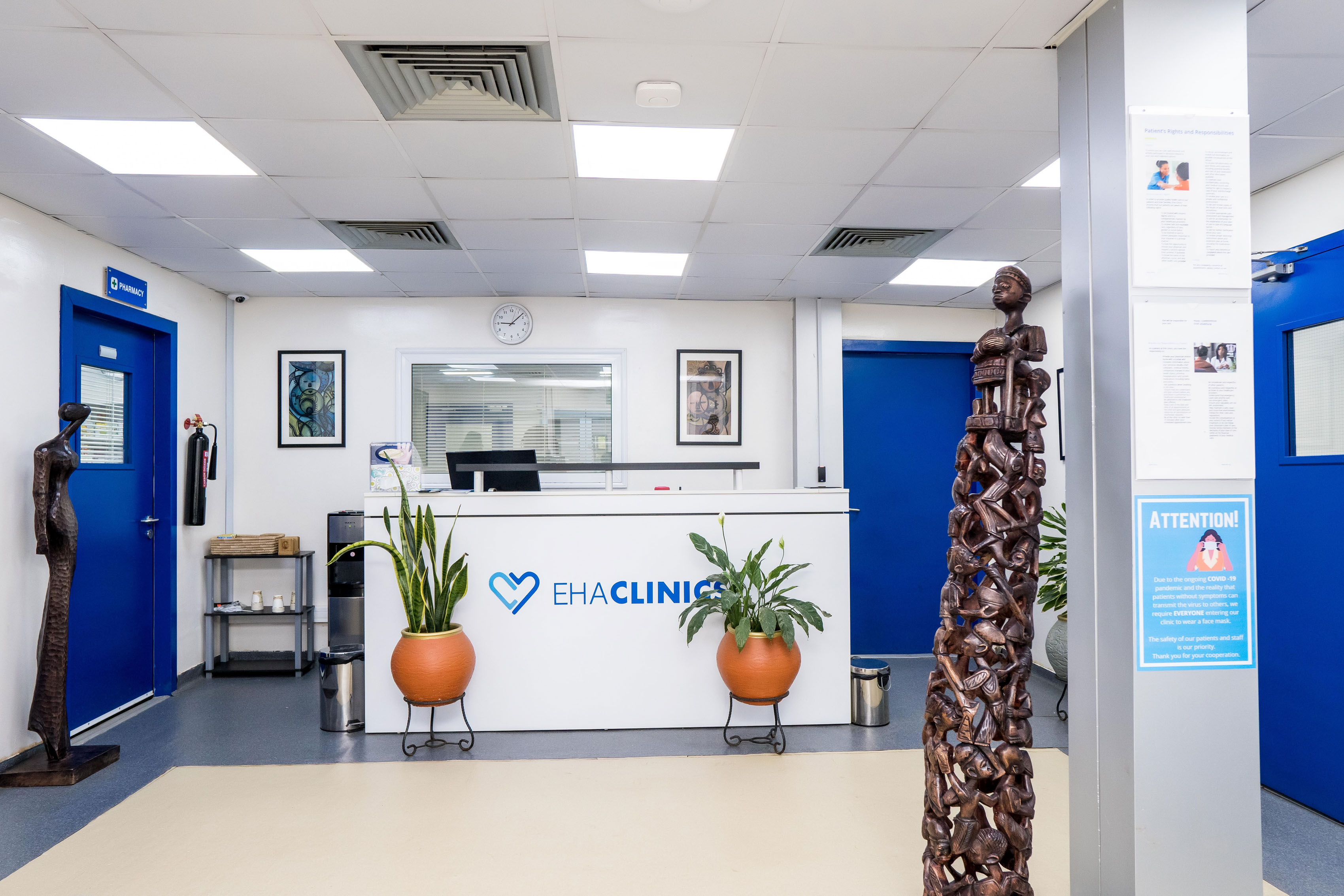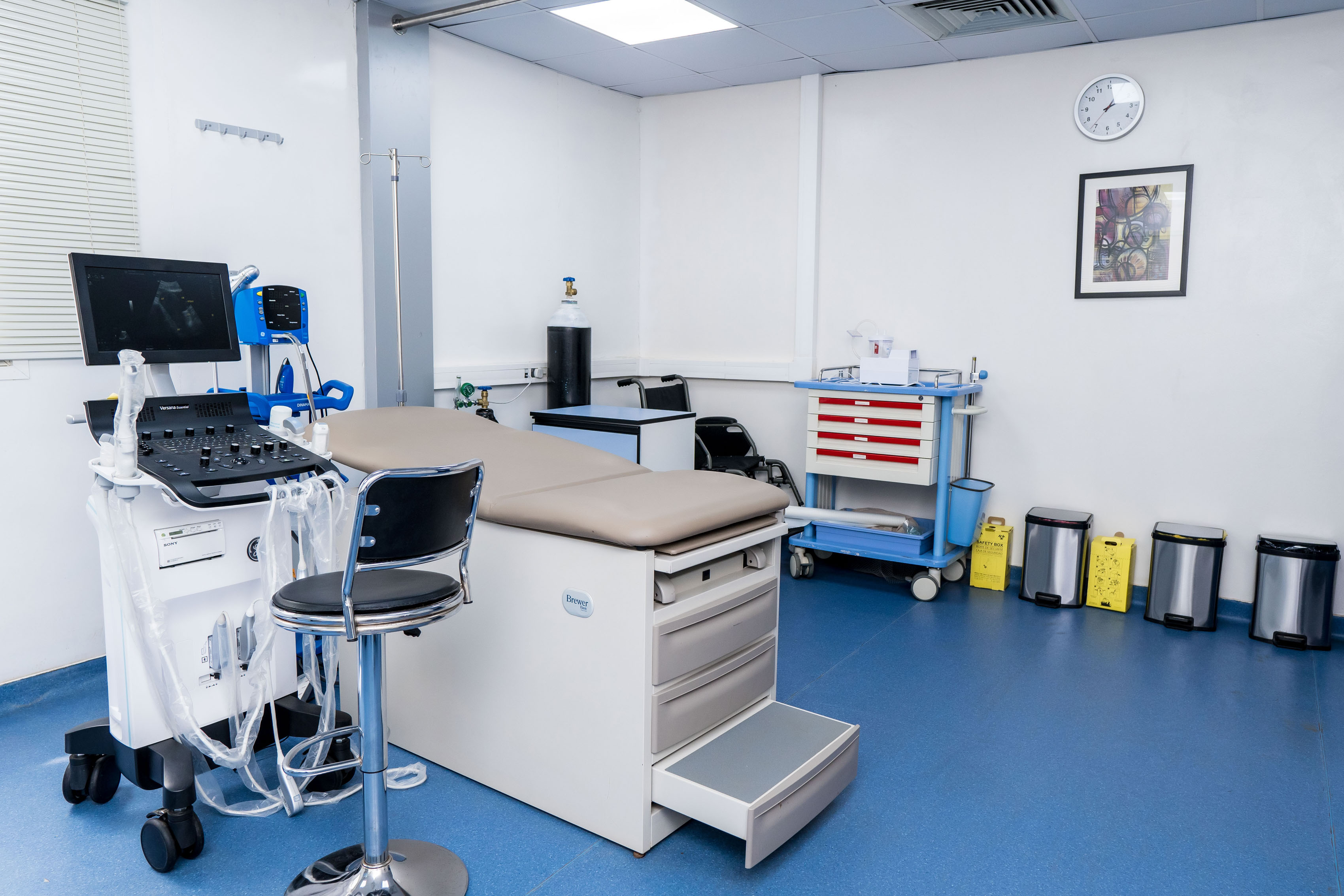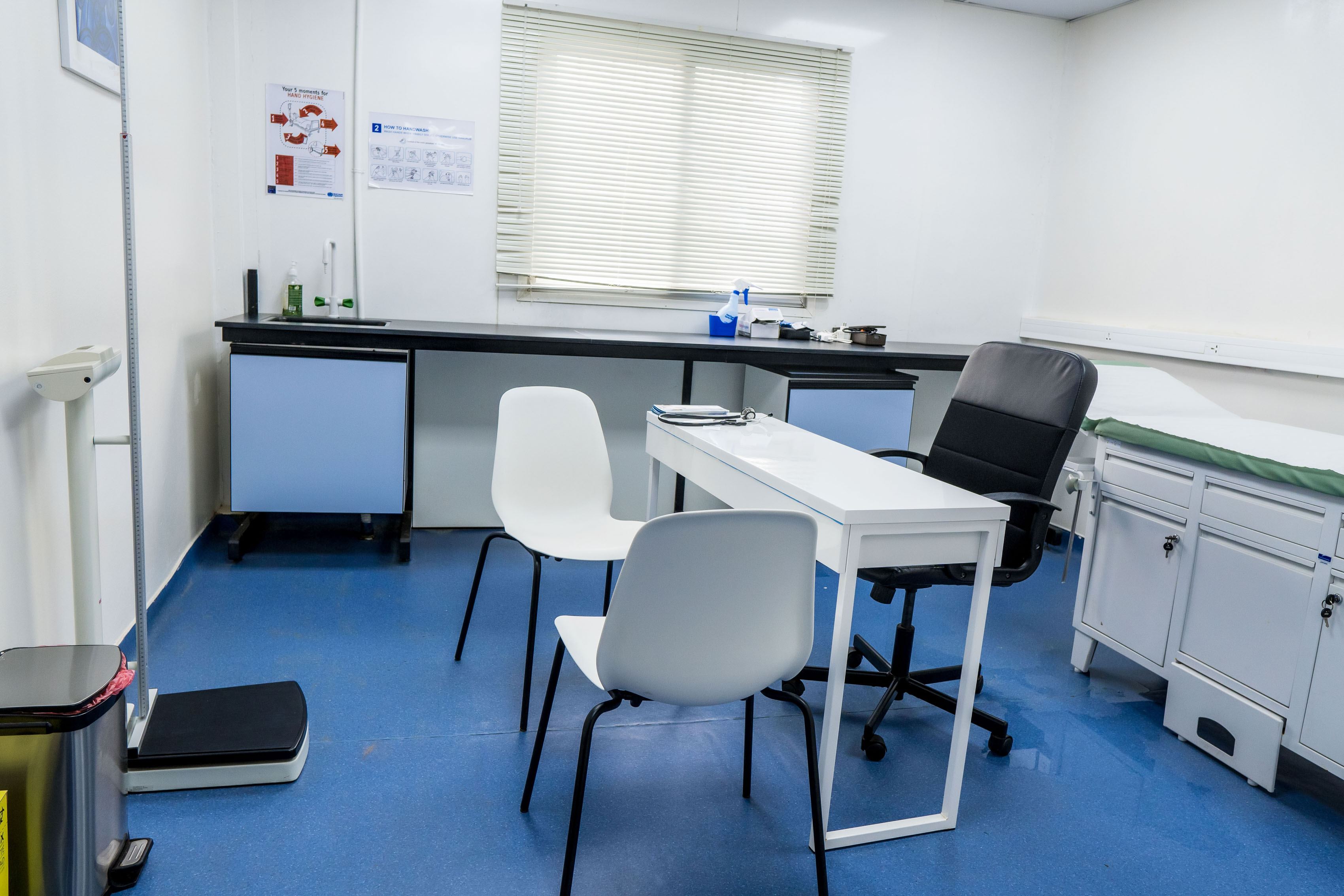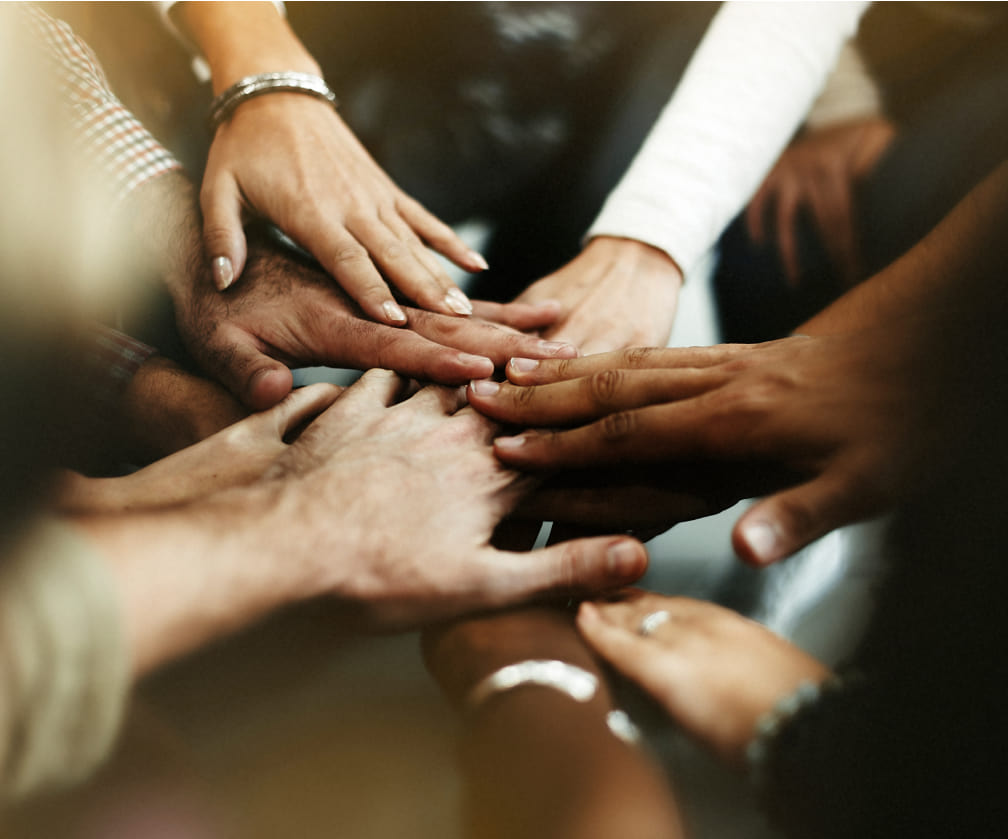Lagos, Nigeria – April 9, 2025 —eHealth Africa, a leader in data-driven digital health innovations and mobile/web-based solutions that enhance healthcare access for underserved communities, has partnered with BellaNaija, a leading lifestyle and media platform to improve the health and well-being of women and adolescent girls across Africa. This strategic collaboration underscores a shared commitment to spotlight and address the unique health challenges faced by adolescent girls, particularly those in underserved, rural, and economically disadvantaged communities.
Over the past month, this advocacy campaign through a series of features, engagements, and live events has raised awareness, bridged knowledge gaps, and championed innovative solutions to improve access to healthcare for adolescent girls. The campaign culminated in a High Tea event hosted by BellaNaija Style, spotlighting the need to address the cultural, accessibility, and economic factors impacting adolescent girls’ health.
Speaking at the event, eHealth Africa’s Director of Partnerships and Programs, Ota Akhigbe decried the harsh realities many Adolescent girls face, “Families, especially in low-income and hard-to-reach areas, often struggle just to put food on the table. When resources are stretched, healthcare for their young women and girls becomes a secondary concern.”
To address challenges like this, eHealth Africa emphasized the need for multi-sectoral collaboration, urging stakeholders from government to private enterprises to support initiatives through innovative funding and Corporate Social Responsibility (CSR). “Sustainable change requires intentional investment. Our work with BellaNaija illustrates how media partnerships can amplify community voices while also attracting the kinds of diverse funding streams needed to scale impact,” Akhigbe said.
eHealth Africa brings to this partnership a proven track record of building scalable digital health ecosystems that has impacted communities across Nigeria and Africa. These include the deployment of solutions like the Logistics Management Information Systems (LoMIS) in partnership with the Sokoto State government to ensure end-to-end logistics and last-mile vaccine delivery systems. Similarly, eHealth Africa is currently piloting its Blood Information System for Crisis Intervention and Management (BISKIT) in partnership with Aminu Kano Teaching Hospital, Kano, to ensure a sufficient supply of safe and quality-assured blood and blood products. We have also consistently deployed Geographic Information Systems and digital planning tools like Planfeld to reach every child with vaccines and other medical supplies.
By integrating innovation with community engagement, eHealth Africa remains a trusted partner for organizations working to make meaningful contributions to public health outcomes across the continent. These capabilities position eHealth Africa as a trusted partner for anyone seeking to make meaningful contributions to public health. As the partnership with BellaNaija evolves, we will continue to drive grassroots advocacy, deliver engaging campaigns, and expand platforms that amplify the stories and health needs of women and adolescent girls. Together, we will continue to drive awareness campaigns, promote grassroots engagement, and advocate for improved access to healthcare for adolescent girls while building on the foundation for a healthier, more equitable future.
About eHealth Africa
eHealth Africa (eHA) is a non-profit organization committed to strengthening health systems across Africa through the design and implementation of data-driven solutions. Over the past 15 years, eHA has built a robust technological and operational platform tailored to address complex health delivery challenges. By opening its operational, management, partnership, and technology platforms to others, eHA accelerates the adoption of impactful innovations.
Leveraging global insights and local expertise, the organization develops sustainable public health solutions that are adaptable to diverse African contexts. We have country offices and local government coordinators stationed in Nigeria, additional resource capacity, and strategic partnerships in Nigeria and 27 other African countries, across West, Central, East, and Southern Africa.
For more information, visit: www.ehealthafrica.org
Media Contact:
Favour Oriaku
Knowledge Management and Communications Lead, eHealth Africa
favour.oriaku@ehealthnigeria.org
